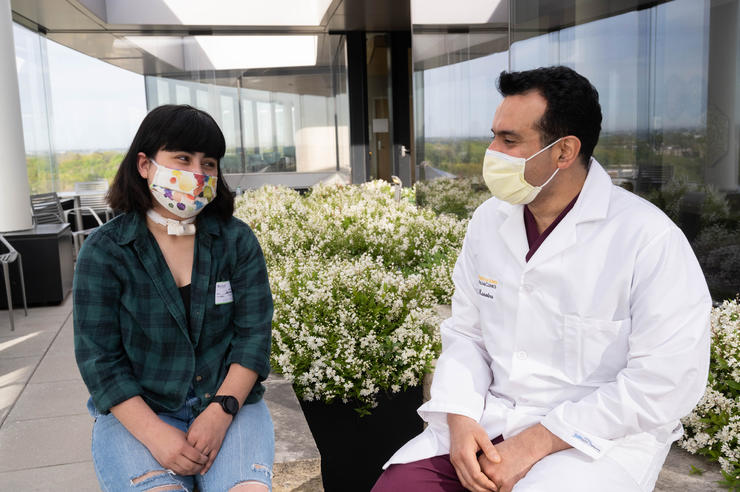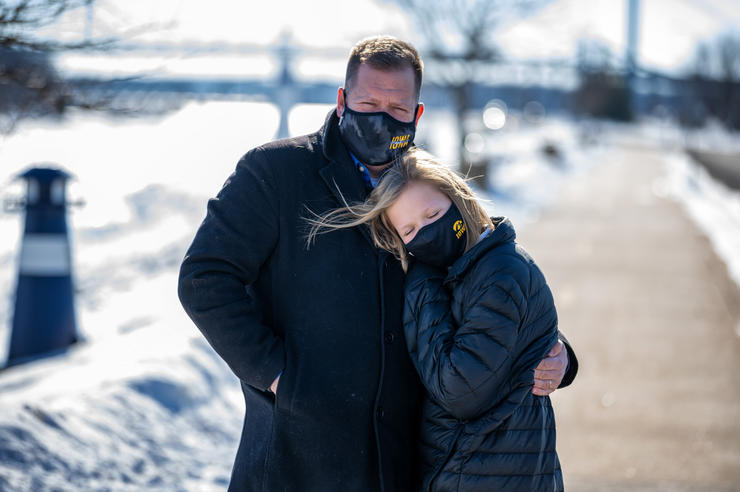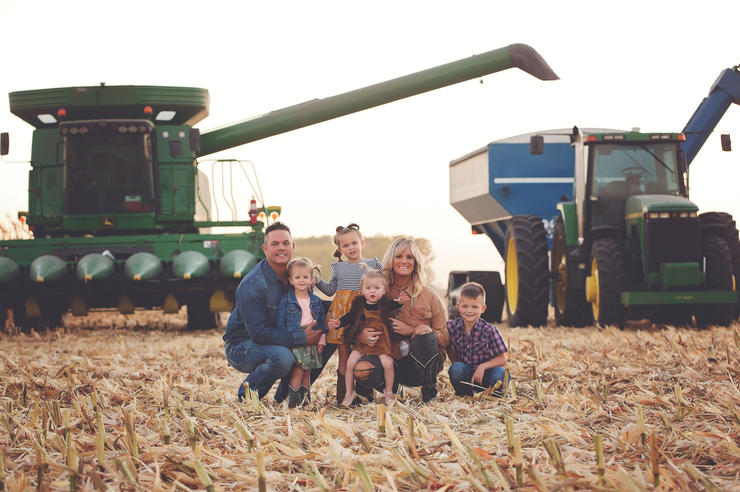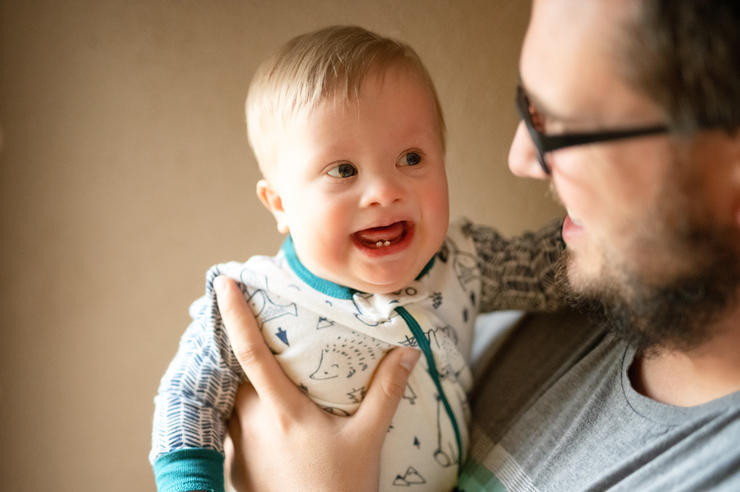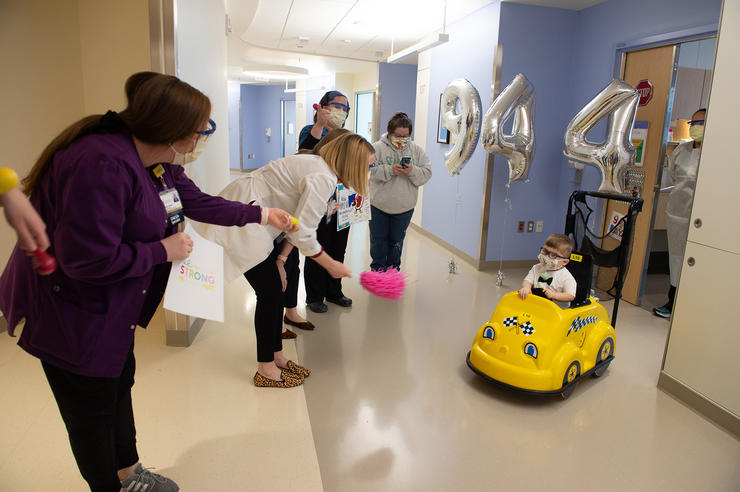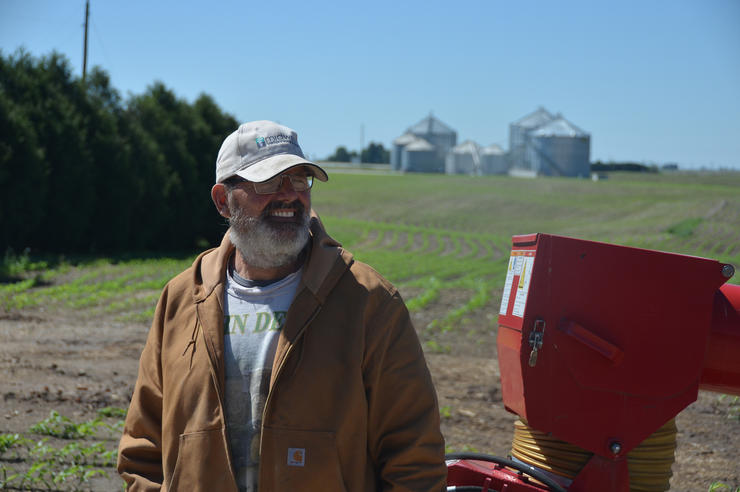Saving Nevaeh
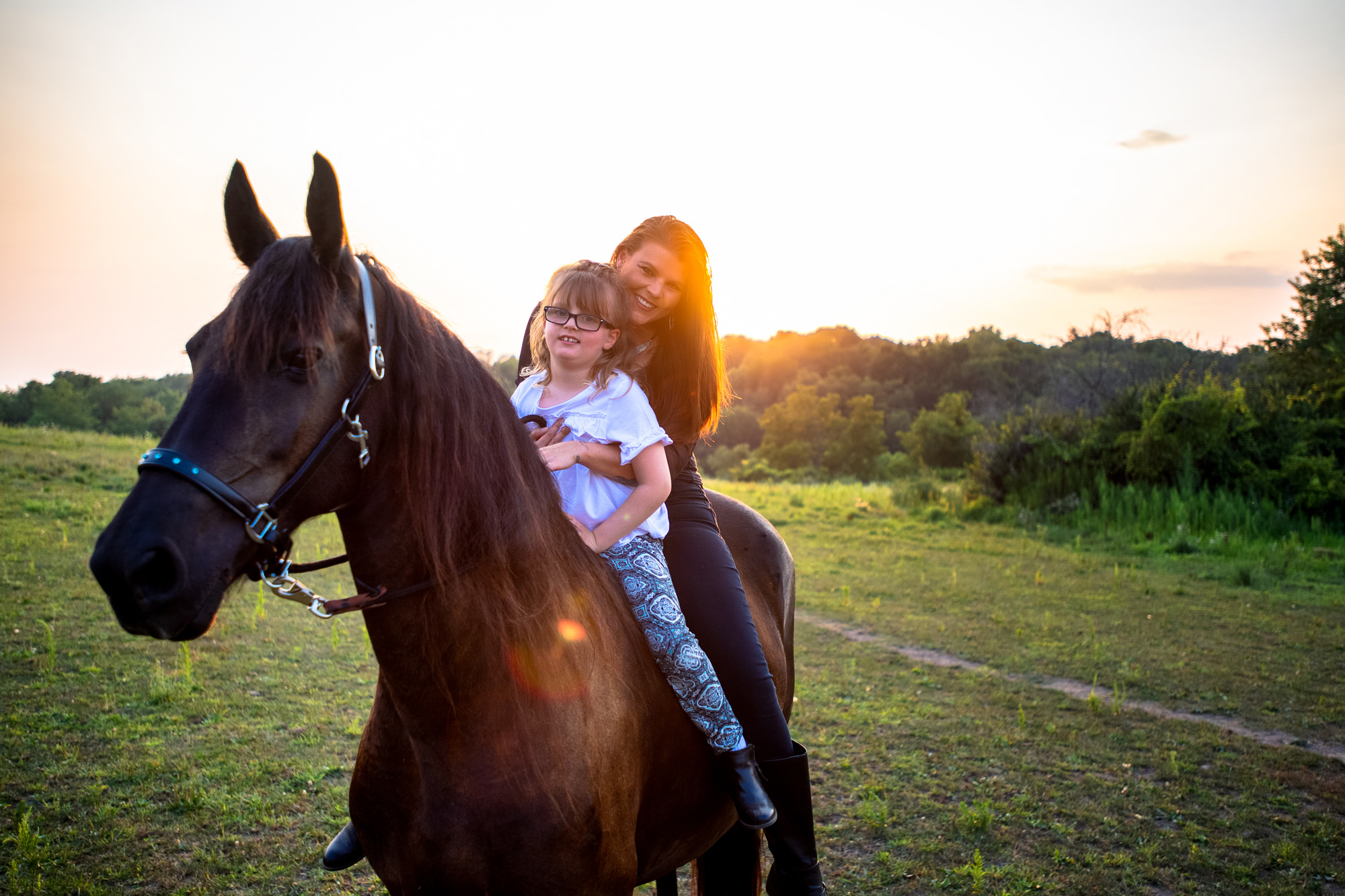
What began as a routine exam during Kari Brock’s 34th week of pregnancy revealed a situation far from the norm: Brock’s baby had a tumor on her heart that nearly doubled the heart’s size.
Crammed into her tiny chest, surrounded by fluid and under immense pressure, the heart was beating 230 to 250 times per minute, with spikes as high as 300. A normal heart rate for a fetus that age is 160. Her heart was working too hard and could not continue that pace indefinitely.
“It was not functioning right and there was a high risk of failure,” says Mark Santillan, MD, high-risk obstetrician and maternal-fetal medicine specialist. “It was amazing how large this thing was.”
Brock came to University of Iowa Hospitals & Clinics after the heart rate was discovered. A team of specialists at Iowa determined the tumor was a rhabdomyoma, a noncancerous growth caused by a genetic deformity called tuberous sclerosis. Both are extremely rare, each happening only about once in every 10,000 births, Santillan says.
Maternal-fetal medicine specialists focus on the health of you and your baby if complications arise before, during, or after your pregnancy. The maternal-fetal medicine experts at University of Iowa Hospitals & Clinics provide you and your baby with the best outcomes possible by working with a team that can care for all of your needs.
“There was a lot of concern about would this baby even survive,” says Jon Klein, MD, a neonatologist at UI Stead Family Children’s Hospital who was one of the first doctors to see Brock when she was admitted and was part of her care team.
As soon as Brock heard about her yet-to-be-born daughter’s condition, she did as much research as she could to learn more. The care team had honest discussions with her and made it clear the prognosis was grave, that the baby could be stillborn and even if she survived to birth, her odds of survival were only 6%. Brock met with a palliative pediatric care nurse to discuss how they might proceed if the worst-case scenario came to be.
But Brock, an optimist both by nature and by faith, knew there was a way through this.
Her daughter, Nevaeh, was eventually born via caesarean section at 37 weeks, and Brock kept researching even through her own surgical recovery. Just a few days after giving birth, her internet searches led her to an article in a medical journal about a case like Nevaeh’s, where a newborn boy in Turkey had a similar tumor on his heart and the doctors used the drug everolimus to reduce its size.
Brock brought the article to her medical team’s attention. Everolimus had been on the team’s radar, one of many solutions they were considering. Brock pushed for the treatment; the care providers discussed it. They came to a mutual decision to give it a try on an experimental basis.
Everolimus worked. The tumor shrunk and kept shrinking. Ten weeks later it was 60% smaller, down to a size where its effect on Nevaeh would be manageable.
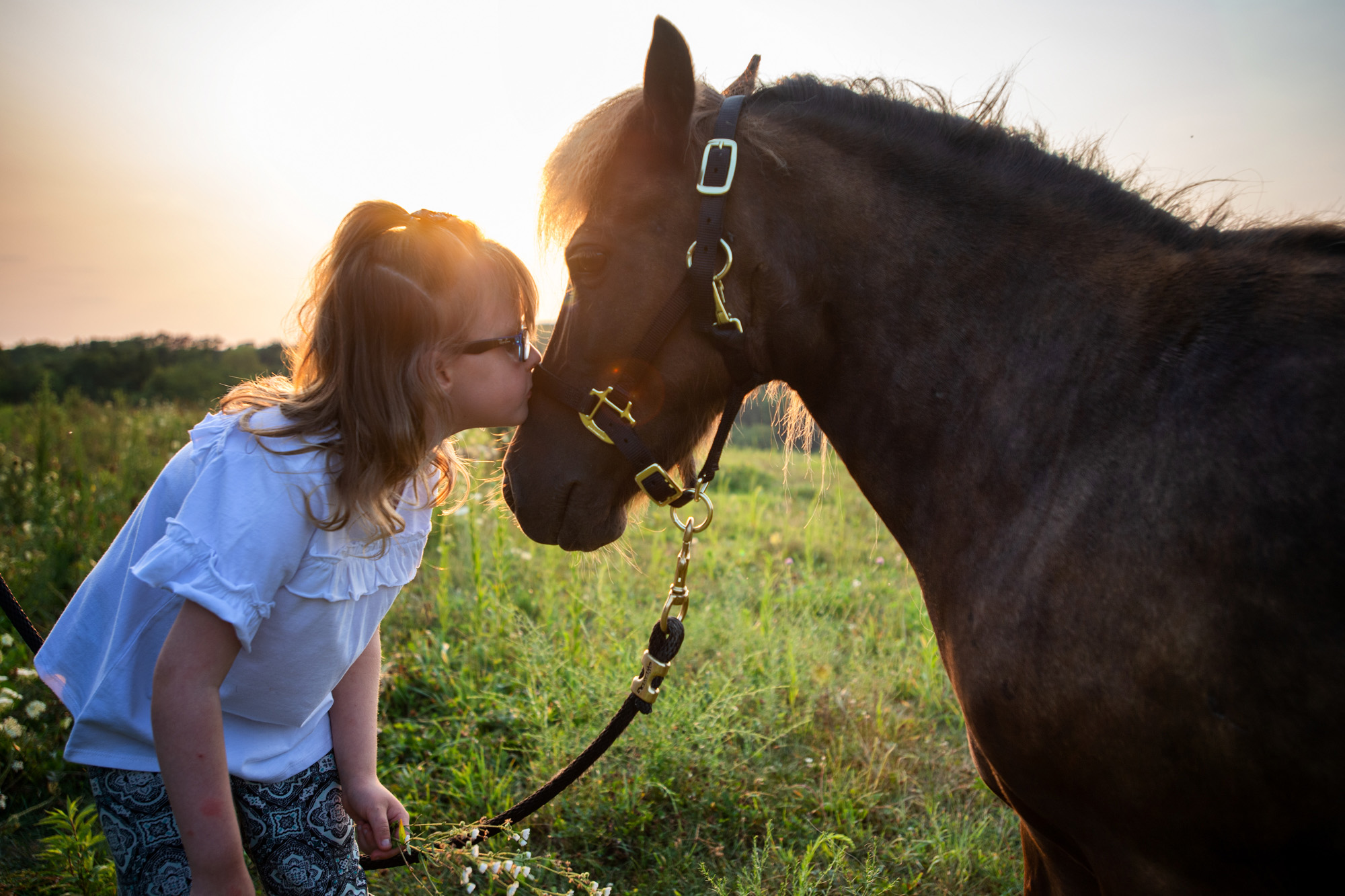
“The outcome really exemplifies shared decision-making and how to make tough decisions,” says Santillan. “We all came to this with the understanding that we’re not treating a condition, we’re treating a family, and that we have to understand the hopes of the family. Kari and the care team understood each other. We knew where everyone was coming from, and the process was a lot less difficult because we all worked together.”
Nevaeh wound up spending 76 days in UI Stead Family Children’s Hospital. And even though every one of those days was long and arduous, Brock says working with the UI medical team was “magical.”
“I’ve had nothing but great experiences from the doctors and nurses and everyone else I’ve met there,” she says.
Santillan keeps in touch with the family, staying up to date on social media and visiting when Brock and Nevaeh are in town for checkups.
“She’s active and happy and doing well, and we’re all ecstatic about that,” he says.
Nevaeh is 7 years old now, a first grader at Dysart Elementary School. To be sure, she still faces many challenges. The tumor is still there, and probably always will be. And a stroke as an infant left her partially paralyzed and with development disabilities, autism, and ADHD.
But Brock says Nevaeh doesn’t let the challenges stop her from being a kid. She loves horses, which is good because Brock breeds Friesian horses at their ranch in Buckingham, Iowa. She loves technology and Sesame Street, and she’s shy but loves to share and play with friends. She could say her ABCs at 18 months and can now say them backwards. And she had COVID-19, but the symptoms were mild.
“She’s a strong little girl who’s met all her challenges head on,” says Brock.
